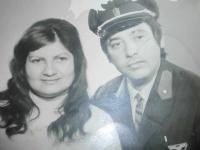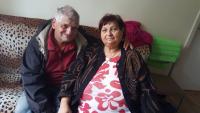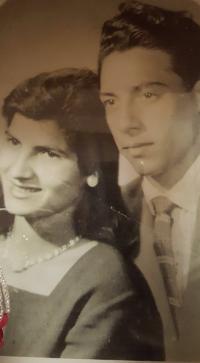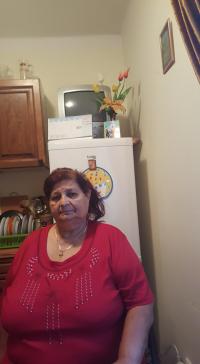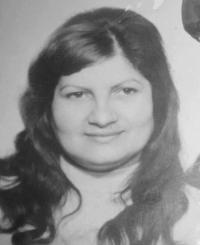Sis, you should be happy, you’re alive!
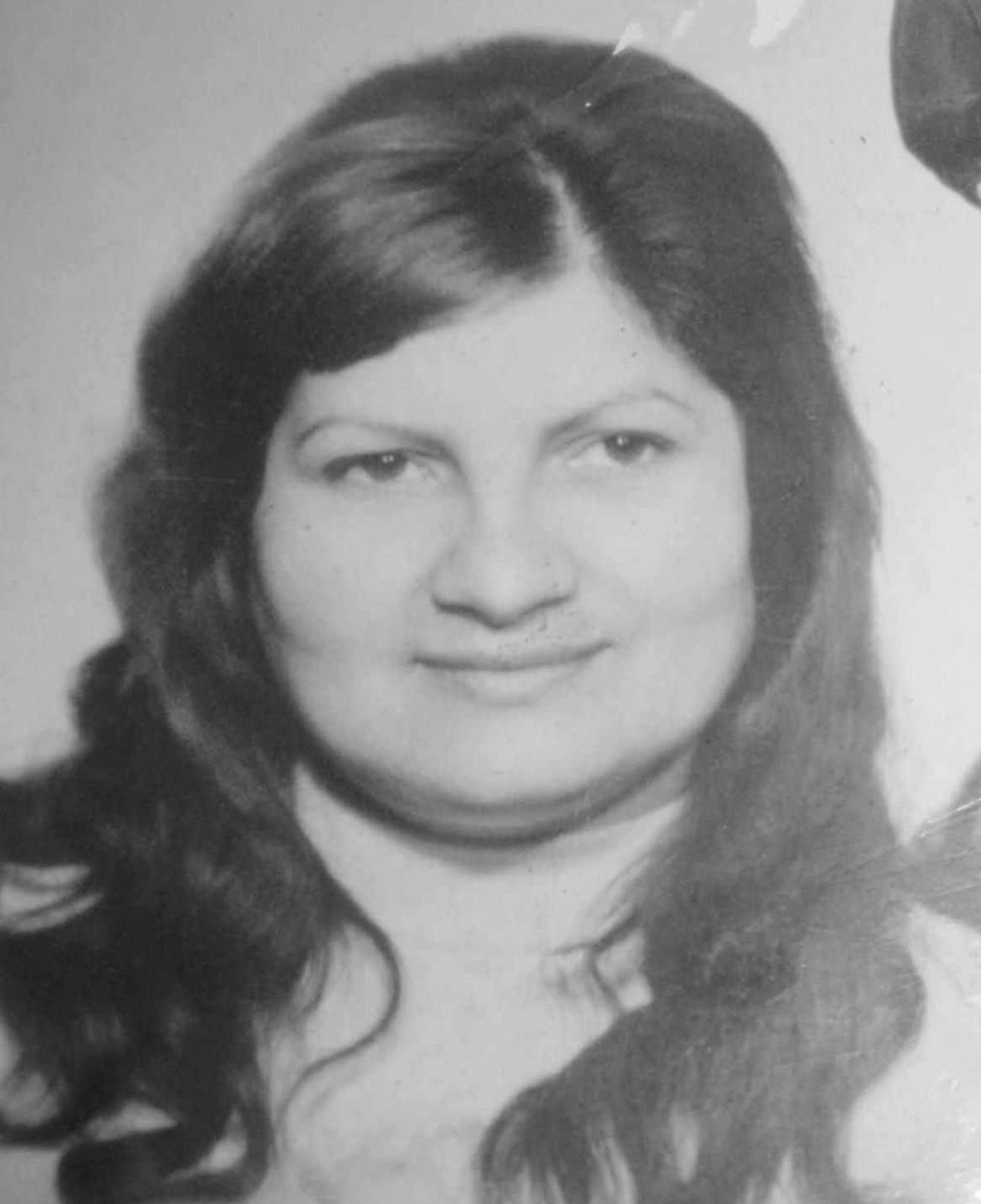
Download image
Mária Lendelová, née Havranová, was born on 10 January 1944 in Telgárt, Slovakia. Her grandparents from father’s side and his siblings were killed in WW II. Both her father and her brothers made a living as musicians. Ever since the 1950s they travelled with the family for work to Czechia. There, she had met here future husband and settled down in Czechia. She worked in blue-collar jobs and in the agriculture. She had sang in the Roma band Horváthovci. Her husband was a member of the Association of Gipsies-Roma. She brought up six children. Mária Lendelová lives in Lovosice.
